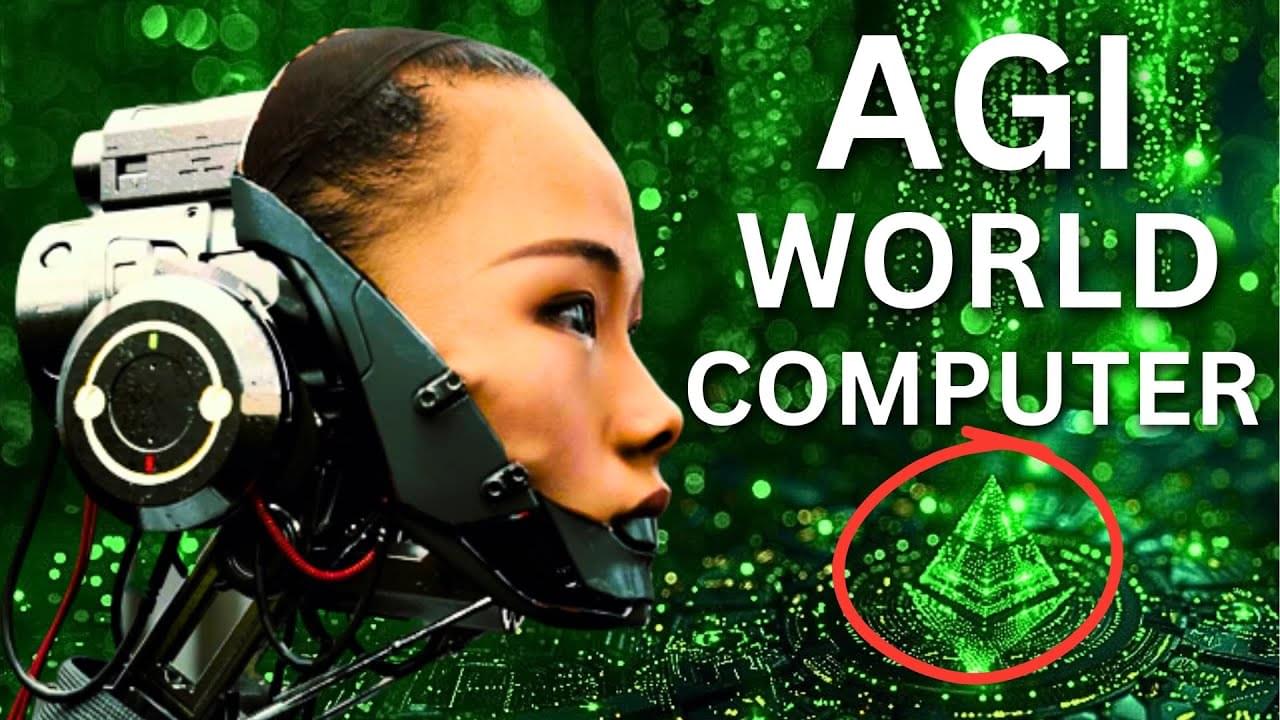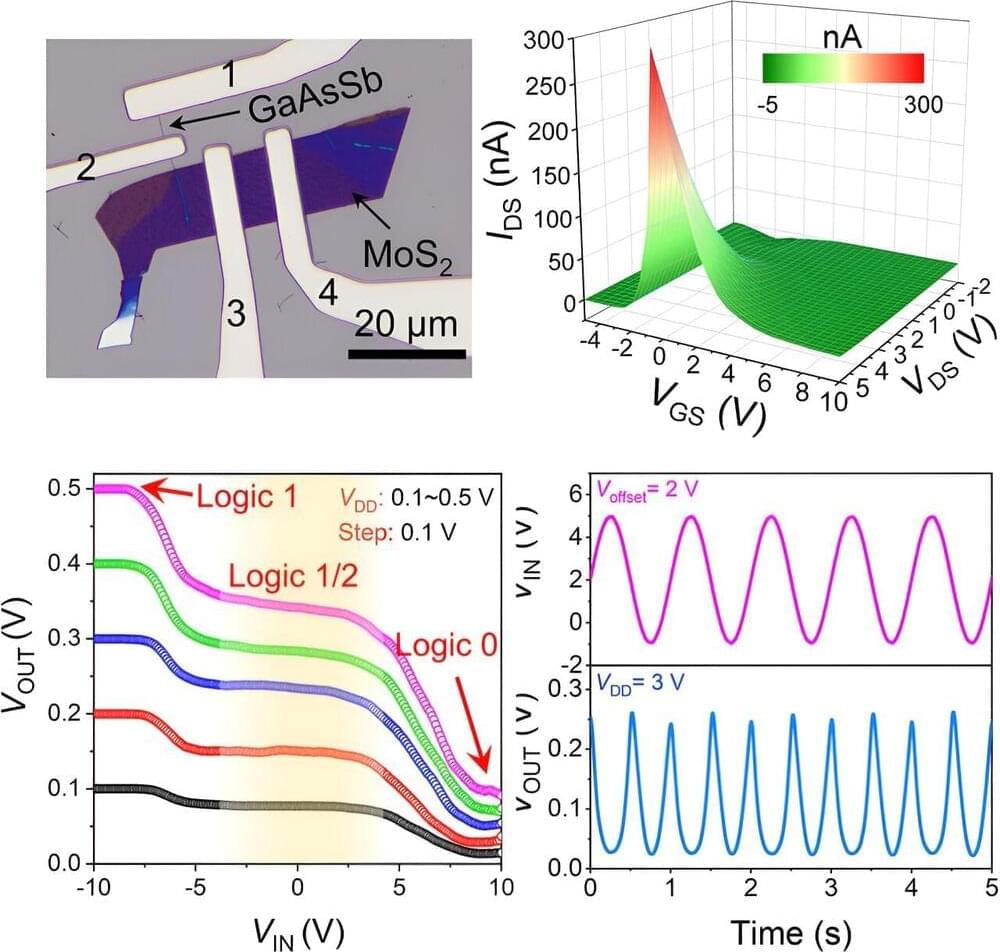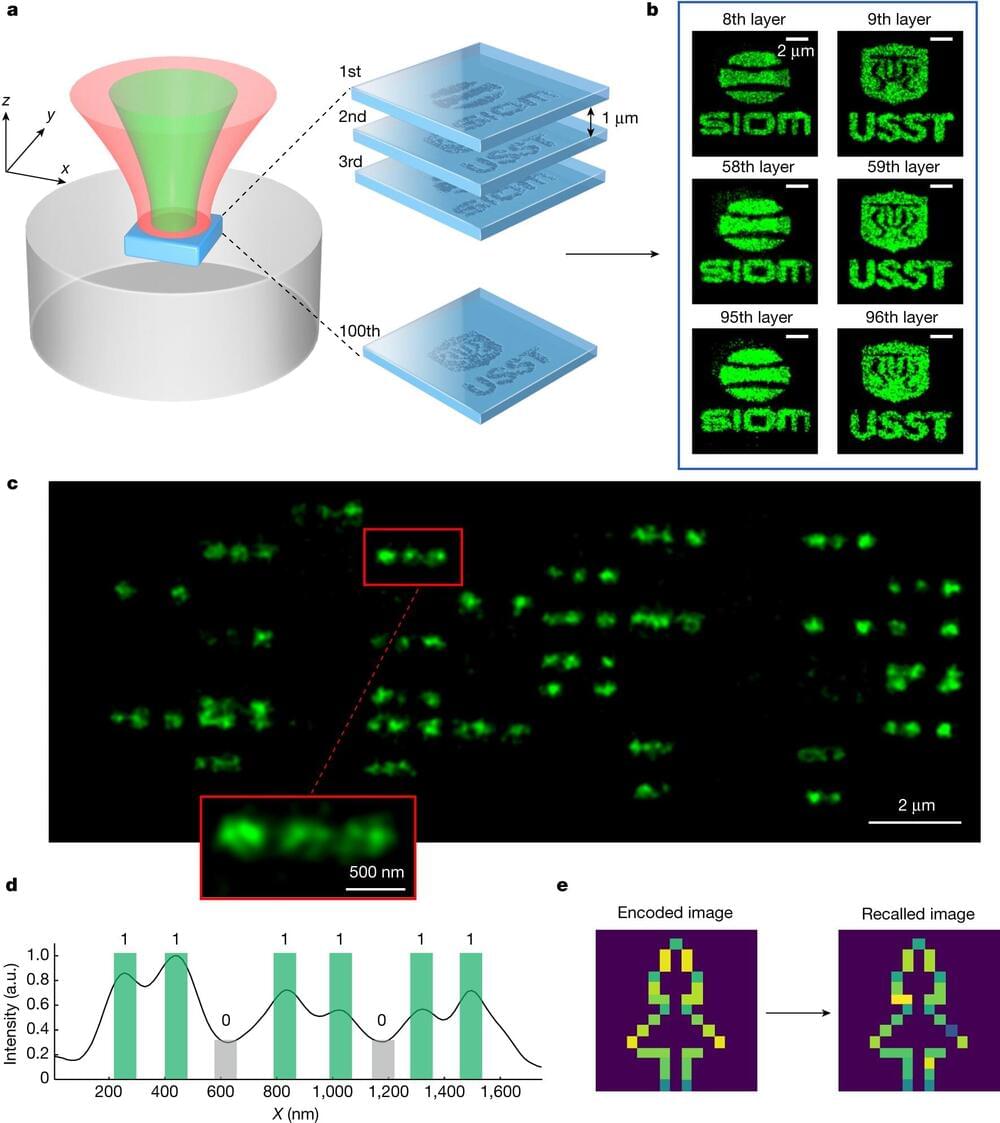Mar 5, 2024
Artificial intelligence will use cryptocurrency to transform human society
Posted by Genevieve Klien in categories: cryptocurrencies, economics, robotics/AI
and this means humans will use brain computer interface to transact, but where will the AGI’s economy take shape, and how will you take part?
AI Marketplace: https://taimine.com/
Deep Learning AI Specialization: https://imp.i384100.net/GET-STARTED
Continue reading “Artificial intelligence will use cryptocurrency to transform human society” »


















